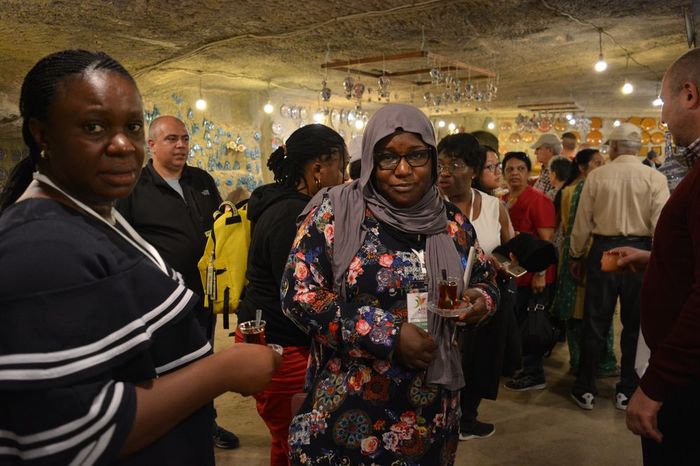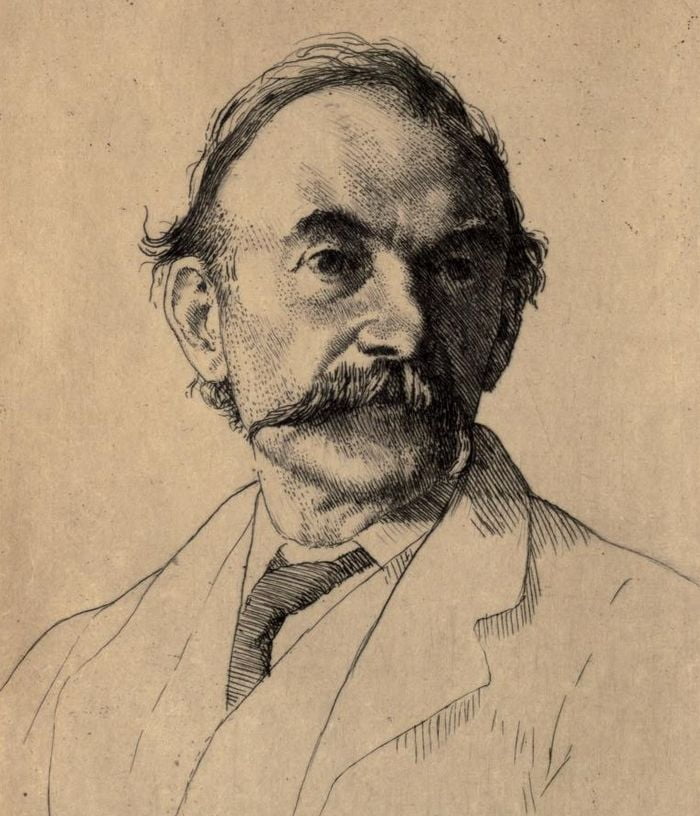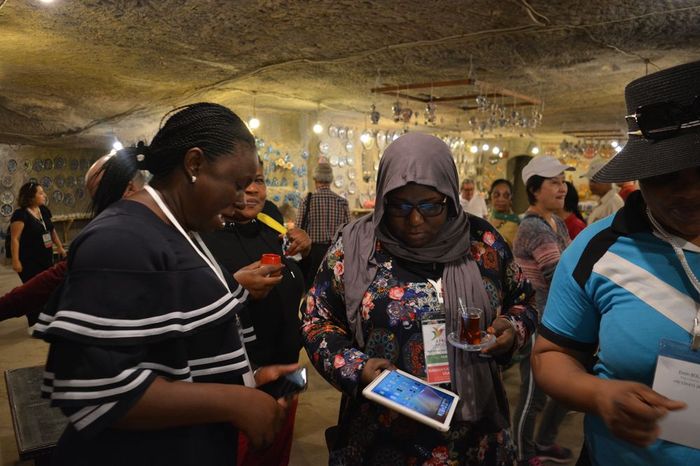Oppressive Regulations
The situation in Klissura is dire, with severe restrictions placed on the villagers that exacerbate their suffering. They are prohibited from working in neighboring villages, begging, or even visiting friends or family in nearby communities. This oppressive regulation, as pointed out by the Mudir, is not only absurd but also detrimental to the villagers’ livelihoods. Many residents, who once engaged in the manufacture of attar of roses, had small trading ventures that extended as far as Constantinople and even into Asia Minor. With the freedom to leave their village, they could have leveraged their trading skills and credit to begin rebuilding their lives and homes Urgent Need for Action to Prevent Violence.
A Recipe for Starvation
Instead, the villagers are trapped, left to deplete their meager harvests before they spoil. The impending winter looms large, bringing the grim prospect of starvation and exposure to the elements. The Mudir has made multiple requests—three, to be exact—for permission to allow those who find it advantageous to leave the village. Each time, he has received no response. Additionally, he has sought authority to seize a number of cattle known to be in a neighboring Turkish village, yet still, no answer has come.
Deceptive Assurances
When Mr. Schuyler inquired about these restrictions with the Mutessarif of Philippopolis, he was met with impudence. The Mutessarif claimed there was no order preventing the villagers from leaving and insisted that the Mudir had full authority to seize cattle wherever he found them. This blatant contradiction highlights the lack of accountability and the disregard for the villagers’ plight Private Tour Istanbul.
Abduction and Forced Conversion
Tragically, the injustices extend beyond economic hardships. Similar to the events at Batak, several children and young girls from Klissura have been forcibly taken to neighboring Turkish villages and “converted” to Mohammedanism—a euphemism that belies the brutality of the act. The despair of the parents is palpable, as they have been unable to retrieve their children after three long months. This painful experience is not unique to Klissura; many families in Tatar Bazardjik and Philippopolis share the same heart-wrenching story.
A Broader Context of Violence
The recent incidents in Salonica, which culminated in the tragic deaths of the German and French Consuls, illustrate the perilous atmosphere surrounding these forced conversions. The systemic violence and disregard for human rights are deeply troubling and point to a larger pattern of oppression faced by these communities.
The plight of the villagers in Klissura serves as a stark reminder of the ongoing struggles they endure. With oppressive regulations limiting their freedom and tragic incidents of abduction and forced conversion, their future remains uncertain. The international community must take heed of these injustices, advocating for the rights and safety of those affected. Only through concerted efforts can there be hope for restoring dignity and security to these vulnerable populations.








